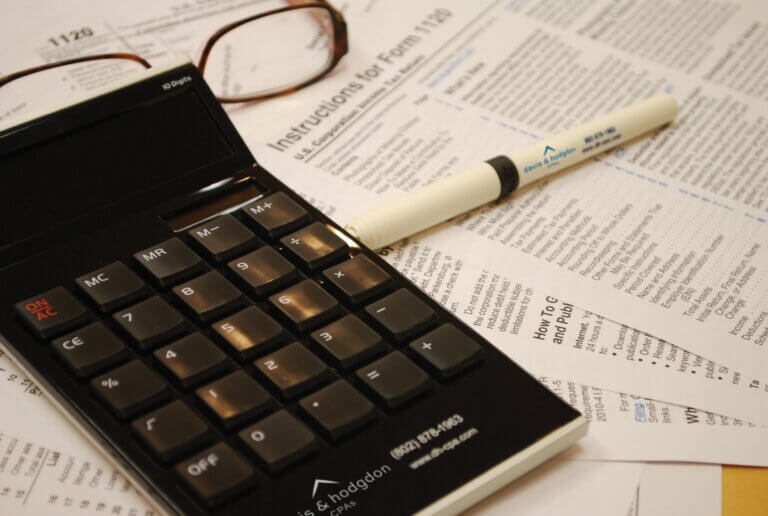NY Times: All Your Equifax Breach Questions (and Some Answers) in One Place
By RON LIEBER October 7, 2017 – Three weeks after Equifax acknowledged that hackers had breached the company’s system, the company’s interim chief executive, Paulino do Rego Barros Jr., apologized for its messy response. The breach meant that potentially millions of Social Security numbers, driver’s licenses and other information had been stolen, leaving many of us to wonder how vulnerable we might be to identity theft.
“Answers to key consumer questions were too often delayed, incomplete or both,” Mr. Barros wrote in an op-ed column in The Wall Street Journal in late September.
He had his verb tenses wrong. The answers remain delayed and incomplete.
Many of you have asked us to put all we know in one place, so you’ll find my first attempt at that here. You’ll find questions and answers on a range of topics, from credit freezes to PINs to protecting the information of your children. All the statements here from Equifax were emailed, as people representing the company have so far refused to speak with me on the record.
Q: How do I know if I’ve been affected by the Equifax breach?
A: Equifax has a website where you can check. The company will not inform you otherwise, even though it has your address (which was one of the things that the hackers helped themselves to).
But even if your name doesn’t appear on the website, it’s probably a good idea to freeze your credit anyway.
Why is this important? When a thief shows up with your Social Security number and address to apply for credit in your name, the lender will try to fetch your credit report before anything else happens. If it can’t retrieve the report because of the freeze, then no new account for the thief.
I’ve used the Equifax site a few times in the
last several weeks and have received different
answers about whether I was impacted. How
do I know which answer is the right answer?
This is a new question as of Oct. 2. I will update this with an answer if the company responds.
Q: I keep seeing different information about what the thieves actually stole. Could you please list all of it?
UPDATED: OCT. 7 According to the company, thieves took names, Social Security numbers, birth dates and addresses for up to 145.5 million people. They also helped themselves to some smaller number of driver’s license numbers.
Thieves may have your credit card number, too; this is the case for more than 200,000 people, and Equifax has said that it let those people know by mail.
Equifax has said that it has no evidence of a breach in its core consumer or commercial credit reporting databases, so your payment history is not floating around in the ether somewhere. Nor did the thieves get PINs that people use to unlock their frozen credit files.
Oh, and TransUnion and Experian (especially Experian, which has a similar name to Equifax) very much want you to know that their systems are not part of this particular breach.
Q: How do I freeze my credit file?
A: You can — and you should — set up a freeze on the websites of all three credit bureaus. There may be fees associated with doing it.
For the full article posted in the New York Times please click here.

